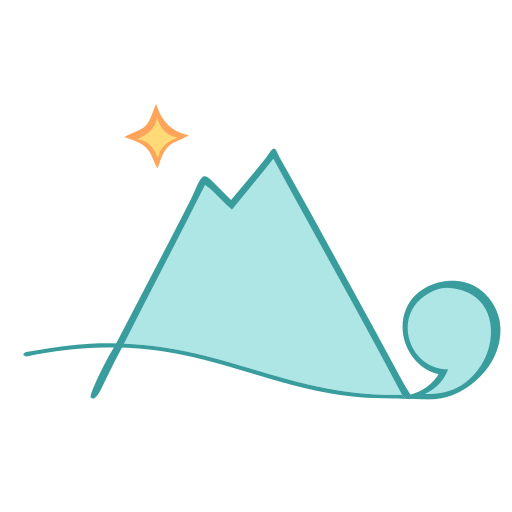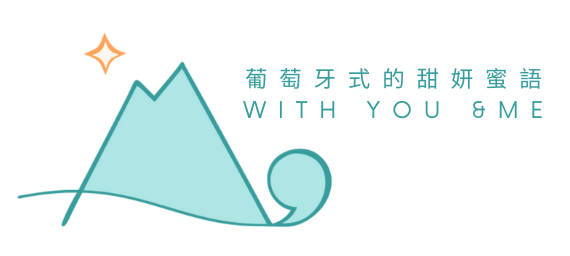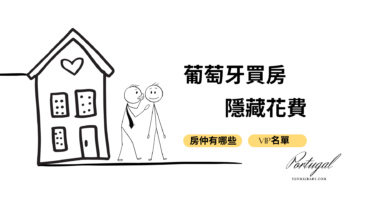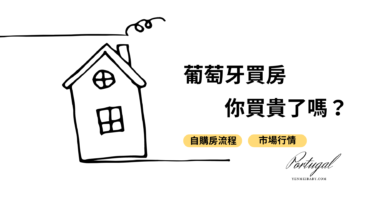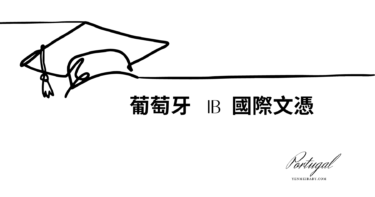
【Portugal】For Parents! When does school start? Overview of the education system from kindergarten to doctoral programs
Contents
New Semester
- First semester:
The new academic year in Portugal usually starts around September 15th and ends in mid-December. - Second semester:
After the Christmas break, classes resume around January 3rd and continue until two weeks before Easter. *Carnival usually includes a 3-day break. - Third semester:
Classes resume on the first Tuesday after Easter and usually end in early or late June for summer break.
Kinder garden
Escola pré-primária (3-6 years old)
In Portuguese kindergartens, there are several terms for the Portuguese language, including Pré-Primário, Pré-escolar, and Creche. Generally, the hours are from 8 am to 7 pm, but the classes mostly start at 9:30 am and end at 5 pm. The remaining time is for extracurricular activities or flexible time.
Primary education
According to Portuguese law, compulsory education starts at the age of 6 and lasts until the age of 15, and is referred to as Ensino Primário.
After reforms in 1973 and 1986, Ensino Primário was integrated into Ensino Básico, but it wasn’t until the 1990s that the name was officially changed to Ensino Básico do 1º ciclo.
Ensino Básico (equivalent to elementary and junior high school in Taiwan) is divided into three cycles: 1º Ciclo, 2º Ciclo, and 3º Ciclo.
1º Ciclo – 1st to 4th grade
Children who turn 6 before September 15th must register for school. If they are not yet 6 years old, they must wait until the next year to enroll. Registration takes place from April 15th to June 15th each year, either online or in person. *From the 3rd grade onwards, students will begin to learn their second foreign language, which is usually English.
2º Ciclo – 5th and 6th grade
Registration takes place from April 15th to June 15th each year. Transfer students from other schools must provide proof of their previous grade.
3º Ciclo – 7th to 9th grade
In the 7th grade, students begin to learn their third foreign language, which can be Spanish, French, or German (English is not considered a foreign language at this level). Some schools decide which language to teach, while others allow students to choose.
Middle school
nsino Secundário (corresponding to high school/vocational school)
After completing the 9th grade, students can choose to attend either a general high school which focuses on academic subjects, such as the “Science and Humanities” track described below, or a vocational school which focuses on practical skills. Additionally, compulsory education in Portugal is until the completion of the 12th grade, and public schools do not require registration fees or tuition fees.
Scientific-Humanistic
Científico-Humanísticos
It offers several courses for students to choose from, including science and engineering (“Curso de Ciências e Tecnologias”), science and socioeconomic studies (“Ciências Socioeconómicas”), foreign languages and humanities (“Línguas e Humanidades”), and visual arts (“Artes Visuais”).
Customized learning materials
Planos Próprios
Similar to forest schools, they are privately run and must apply to use customized teaching materials and collaborate with other external units. They focus on science and technology, and currently there are only nine schools in Portugal with a total of 53 subjects that meet national accreditation and application standards.
Art Specialization
Artísticos Especializados
choose from Music (MÚSICA), Dance (DANÇA), and Visual Arts and Audiovisual Media (ARTES VISUAIS E AUDIOVISUAIS).
Technology and Vocational
Profissionais
Belonging to the vocational education system, students can choose their preferred fields according to their strengths. Upon completion, they will receive a high school diploma and a national professional certificate at level 4. During their studies, students will participate in internship programs. In addition, the future plan for this technical vocational school is to continue providing higher education opportunities.
Remedial Program
Ensino Secundário na Modalidade de Ensino Recorrente
Offered to students who did not find their future goals initially or who decided to pursue education as adults.
Building-Education Partnership Programs
Cursos Vocacionais
The students can choose this course after graduating from the 6th or 9th grade, which focuses on the cooperation between schools and businesses and the application of technology. After graduation, students can obtain the national professional qualification level 5, and the future plan is to directly enter the workforce.
Higher education
Ensino Superior (Refers to undergraduate, master’s, and doctoral programs)
University Licenciatura
Admission requirement: Completion of secondary education (ENSINO SEGUNDÁRIO).
Academic program: 3-year degree program.
Master’s degree Mestrado
Admission requirement: Completion of undergraduate (licenciatura) studies.
Duration of studies: 1.5 to 2 years.
Joint Master’s Program Mestrado Integrado
Admission requirement: Completion of high school education (ENSINO SEGUNDÁRIO). Duration of study: 5 to 6 years Explanation: It is similar to the junior college system in Taiwan, and after completion, students will receive a master’s degree.
Doctoral Doutoramento
Admission requirement: Completion of a Master’s degree (Mestrado).
Program length: Approximately 3 years.
